Have you ever caught your cat staring blankly out the window for hours, barely moving a whisker? Or maybe you’ve noticed mysterious scratch marks on your new couch or found shredded toilet paper scattered like confetti. If so, you’re not alone. Boredom in cats is more common than people realize, and it can sneak up on even the most attentive pet owners. The surprising truth is that a bored cat can be as restless and frustrated as a person stuck in a traffic jam — and the results can be just as chaotic. But how do you know if your furry friend is simply napping or secretly craving excitement? And more importantly, what can you do to help? Let’s dive into the signs and solutions every cat lover needs to know.
Unusual Sleeping Patterns

Cats are famous for their love of sleep, but there’s a fine line between normal cat naps and boredom-induced snoozing. If your cat is sleeping more than usual — sometimes upwards of 20 hours a day — boredom might be to blame. Pay attention to when they sleep. If they’re awake all night and listless all day, that’s a red flag. Bored cats often nap simply because there’s nothing better to do. It’s like when we binge-watch TV out of sheer boredom, not because we’re tired. Watch how your cat wakes up, too. Do they jump up ready to play or just lazily move to a new nap spot? Too much sleep without active play could mean your cat is desperate for stimulation.
Excessive Grooming
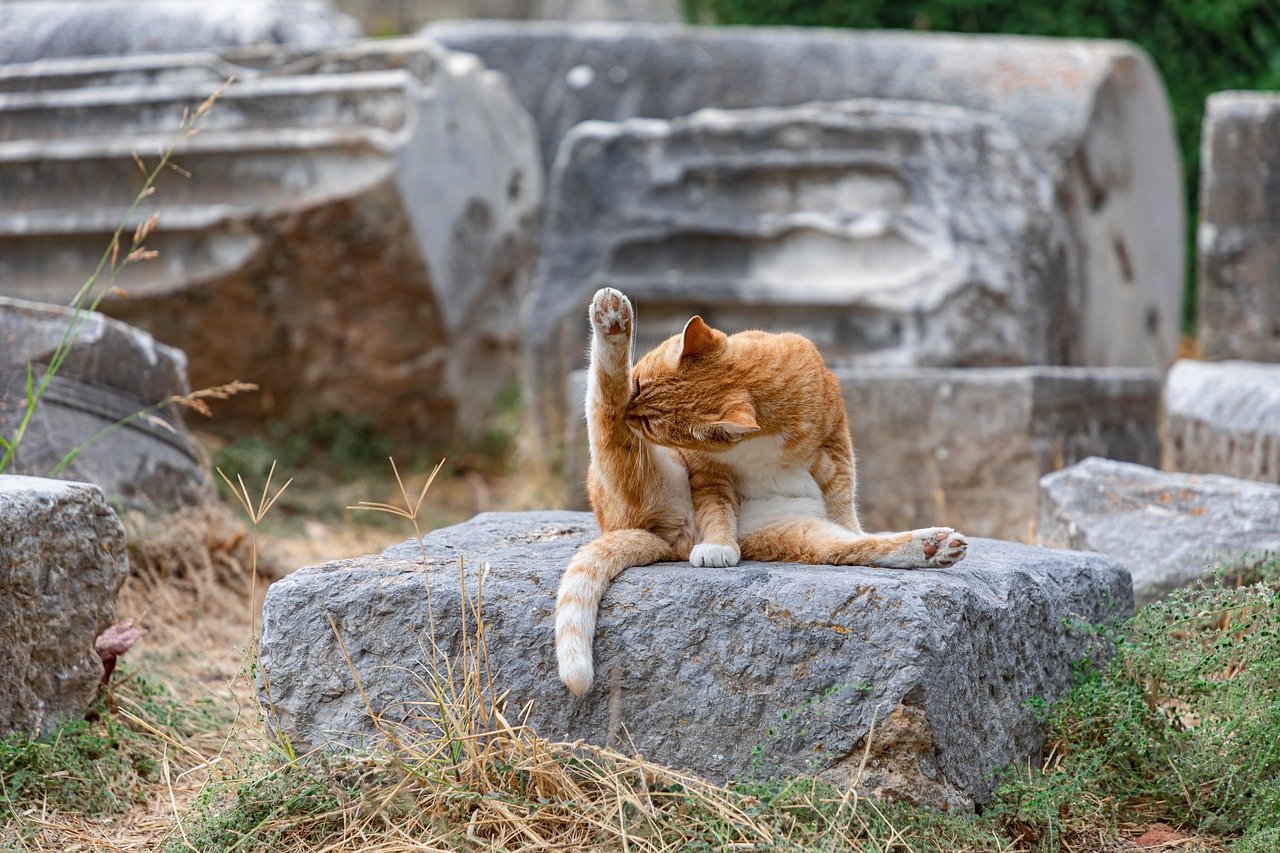
A little grooming is normal, but obsessive licking or chewing can signal trouble. Some bored cats groom themselves to the point of creating bald patches or even sores. It’s their way of coping with a lack of excitement — almost like biting your nails out of habit. If you notice your cat grooming far more than usual, and especially if it’s focused on one spot, it’s time to investigate. This behavior can also be a sign of stress, but boredom is a common culprit. Try offering new toys or interactive play sessions to see if their grooming habits improve.
Destructive Behavior
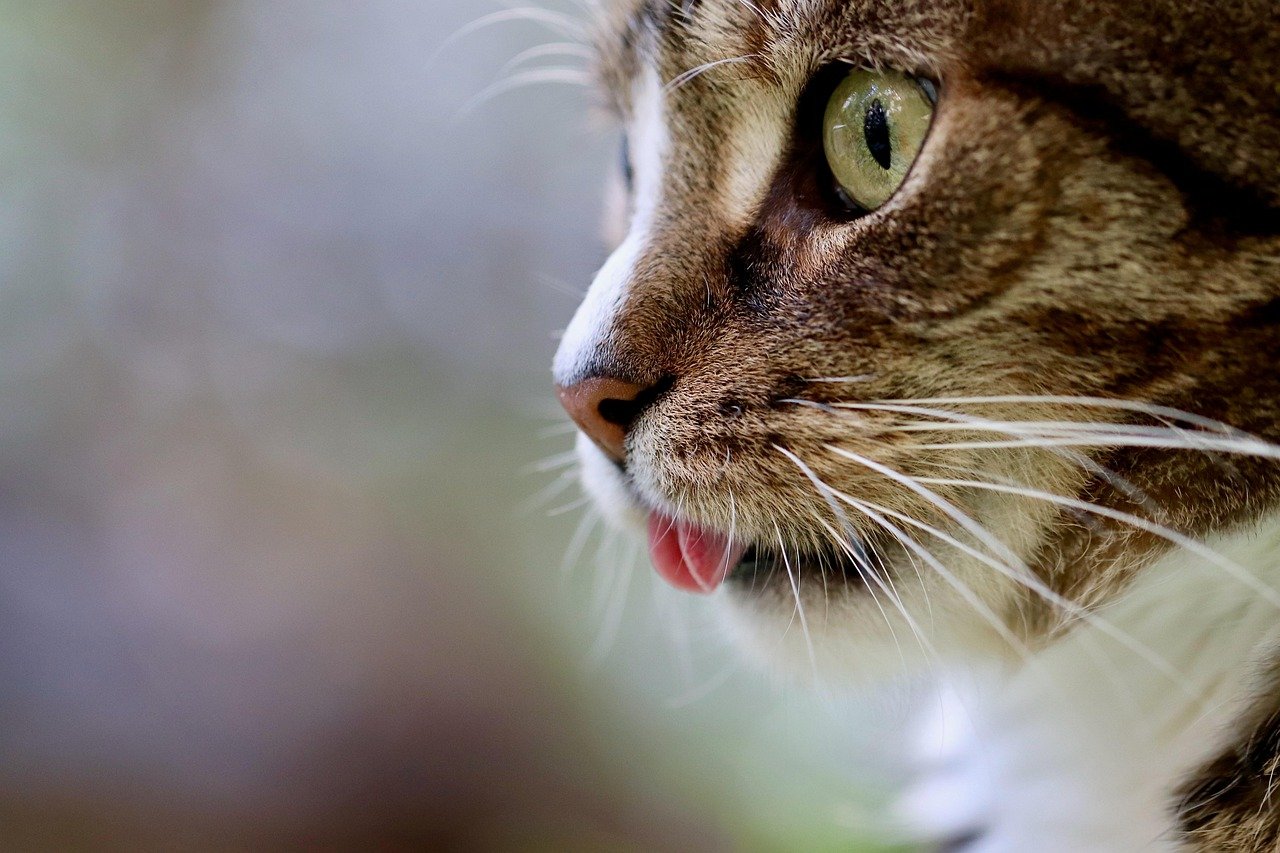
Boredom can turn your sweet kitty into a tiny tornado. Shredded curtains, scratched furniture, and toppled plants are all classic signs. When cats don’t have an outlet for their energy, they create their own entertainment — and your belongings often pay the price. This destruction isn’t malicious; it’s a desperate attempt to fill their day. If your cat is suddenly more interested in unrolling toilet paper or climbing your bookshelves, it’s a clear message: “I need something to do!” Providing scratching posts and climbing trees can redirect this energy in a positive way.
Overeating or Loss of Appetite
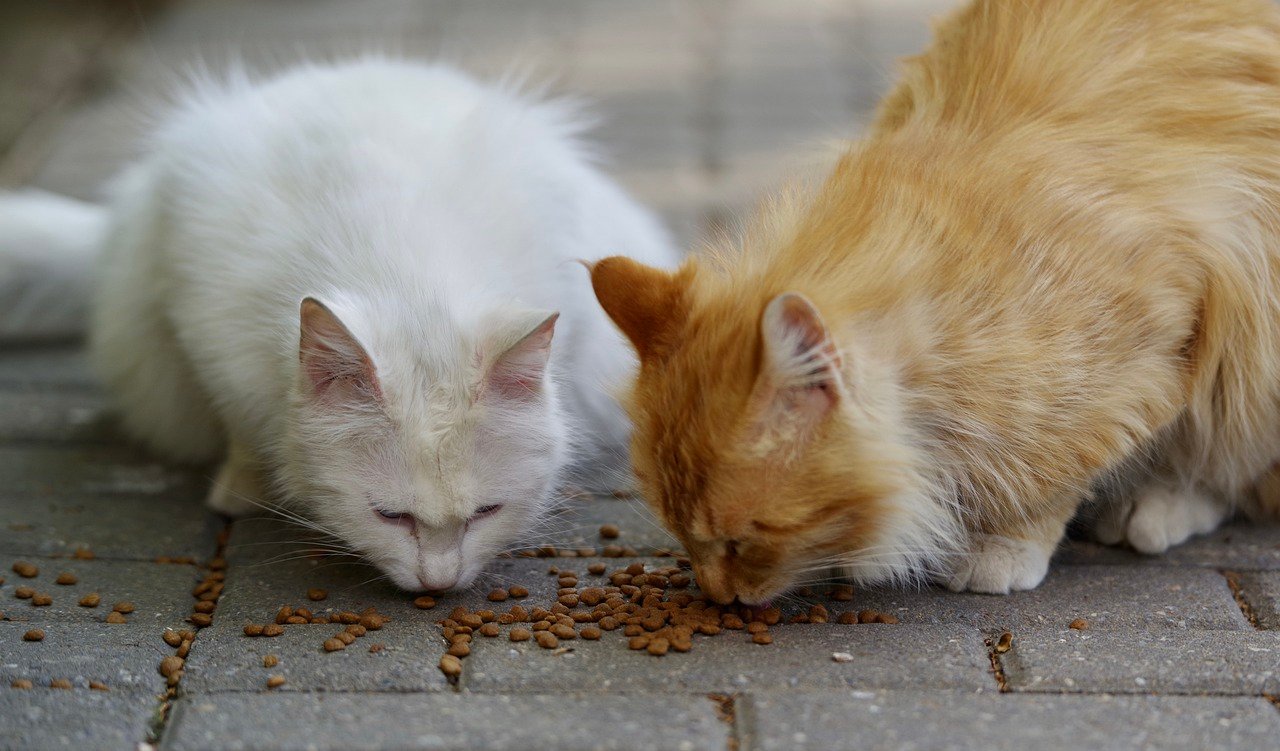
Just like people, cats can turn to food when they’re bored. Some may beg for snacks constantly, while others lose interest in their meals altogether. If your cat’s eating habits have changed with no clear medical reason, boredom could be the cause. Keep an eye out for weight gain or sudden pickiness. Food puzzles can help break the monotony of mealtime and make eating more engaging. Remember, a healthy appetite is a good sign, but sudden changes deserve attention.
Vocalization Increases

Is your cat suddenly meowing more than usual? Excessive vocalization — especially at odd hours — can be a sign of boredom. Some cats become downright chatty when they’re looking for attention or stimulation. They might follow you around, yowling or chirping, hoping you’ll join in the fun. If your usually quiet cat becomes a talker, it may be time to add new activities to their routine. Try talking back or introducing toys that make sounds to satisfy their need for interaction.
Clinginess or Attention-Seeking
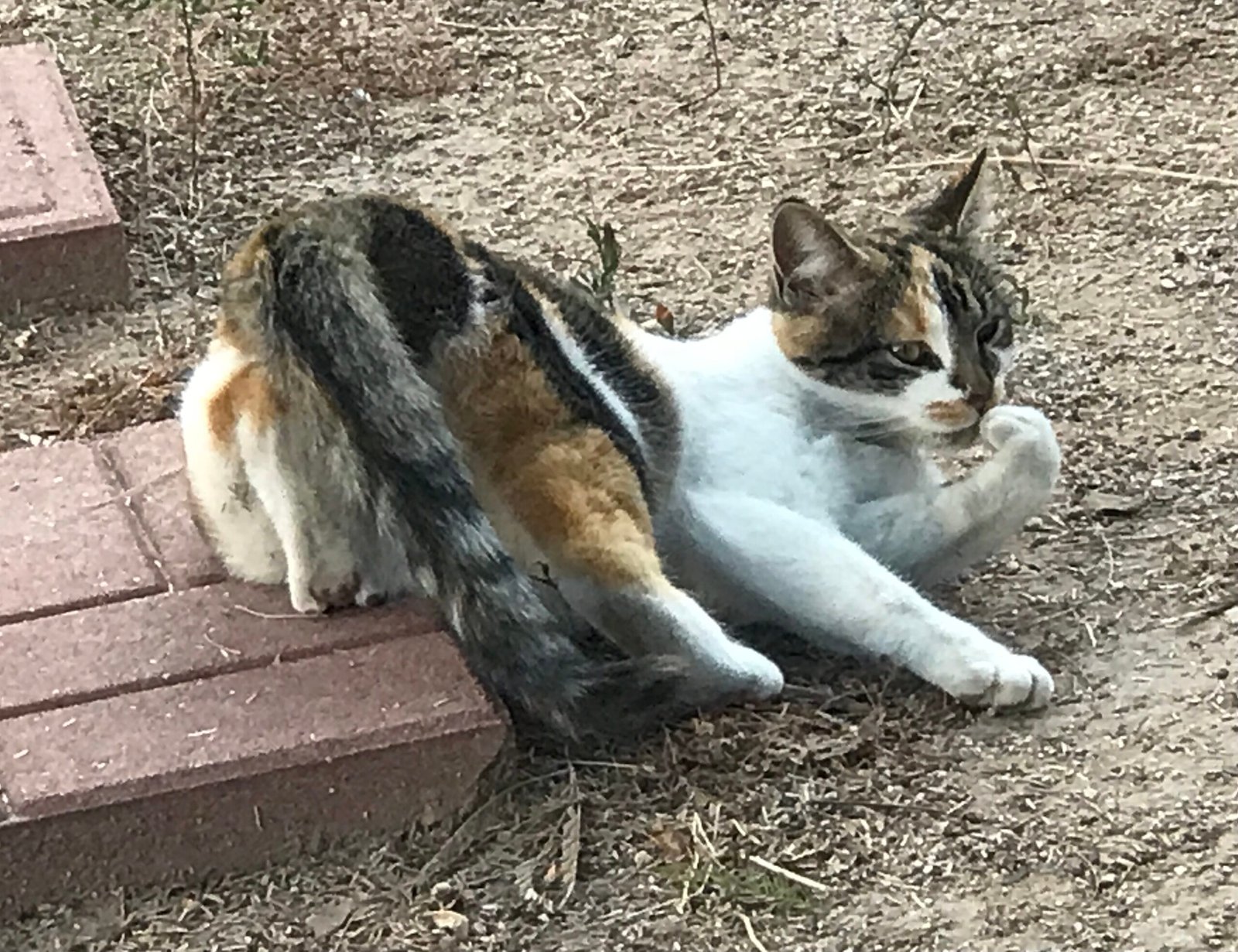
A bored cat can become unusually clingy, shadowing your every move. You might notice your cat trying to “help” with your work, climbing onto your laptop, or demanding pets at all hours. This sudden attachment isn’t just love — it’s a cry for stimulation. Cats who don’t get enough playtime often look to their humans for entertainment. Don’t be surprised if your cat starts sitting on your book or nudging your hand while you’re busy. Set aside dedicated play sessions to help them feel engaged.
Lethargy and Lack of Interest
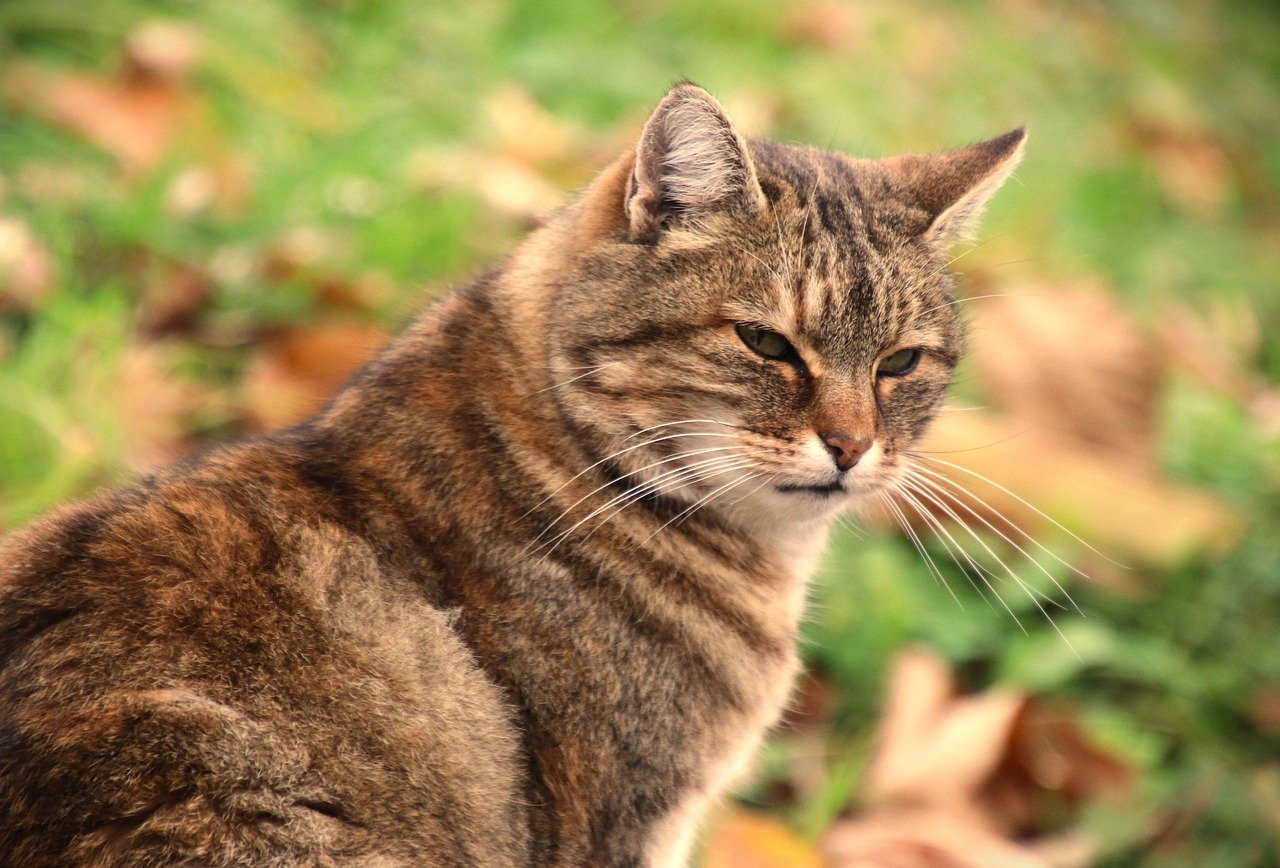
On the flip side, some bored cats become withdrawn. They may seem uninterested in toys, treats, or even your company. This type of boredom can be easy to miss because it looks like your cat is just calm or independent. But if your cat used to chase strings with wild abandon and now barely lifts a paw, they might be feeling bored or even a bit depressed. Try introducing new toys or rotating their playthings to spark their curiosity once more.
Restlessness and Pacing

Some cats respond to boredom with constant movement. You might notice yours pacing the same route through your home or darting from room to room without settling. This restlessness is a sign that your cat is searching for something interesting to do. It’s almost like a person wandering aimlessly around the house on a rainy day. If you spot this behavior, it’s time to shake things up — maybe with a new window perch or a fresh batch of toys.
Inappropriate Elimination

Believe it or not, some cats express their frustration with boredom by refusing to use the litter box. Accidents outside the box can be their way of communicating unhappiness or a lack of stimulation. Of course, it’s important to rule out any medical issues first, but if your vet gives the all-clear, boredom could be the root cause. Make sure your cat’s environment is enriching and their litter box is clean and inviting.
Obsessive Staring or Watching

Ever catch your cat staring into space for long stretches? While cats are naturally observant, excessive staring with no reaction to normal triggers can point to boredom. It’s almost as if they’re daydreaming about more exciting times. Try to catch their attention with a feather wand or a laser pointer to break the spell. If they perk up quickly, it’s a sure sign they need more to do.
Chasing Nonexistent Prey
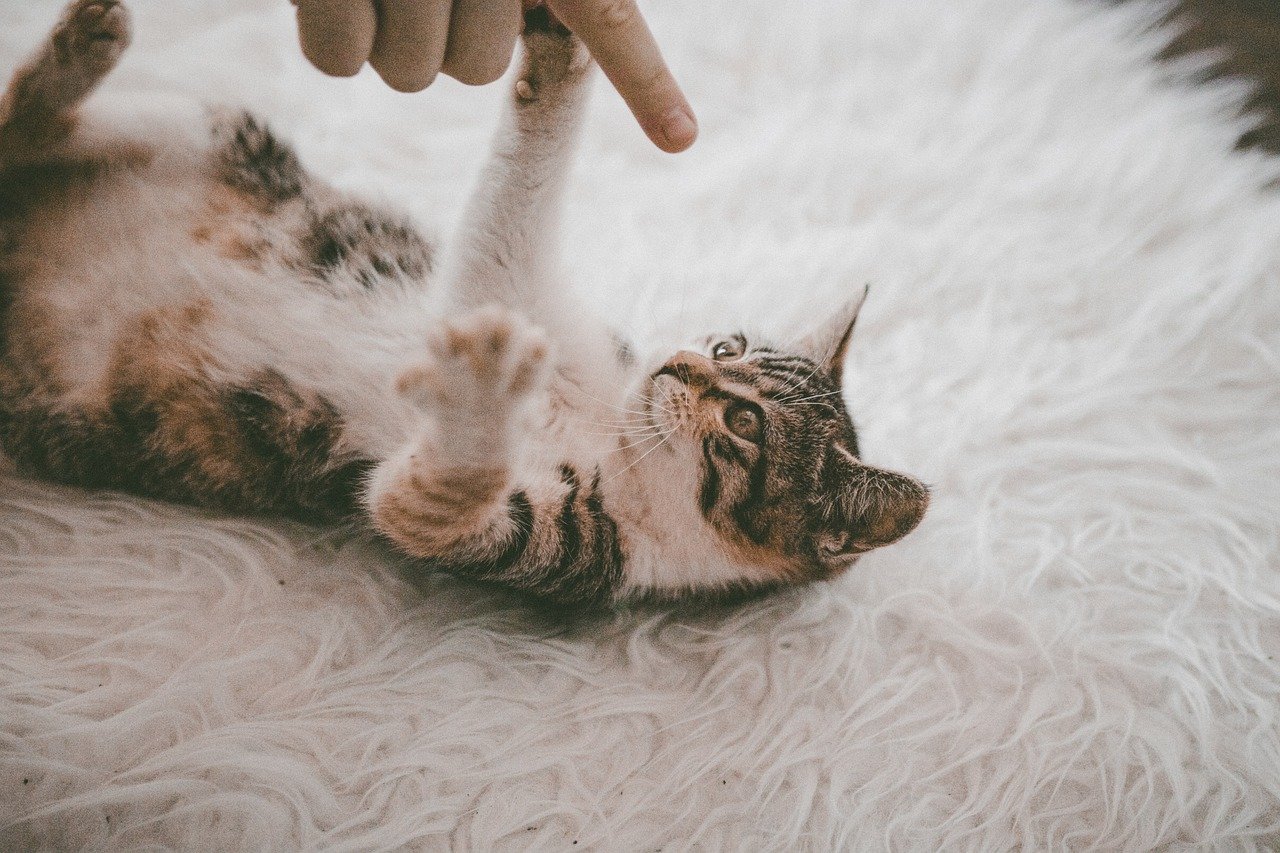
Bored cats often invent their own games, like chasing shadows or imaginary bugs. You might see your cat pouncing on invisible targets or leaping at dust motes. While this can be amusing, it usually means they’re searching for stimulation. Offering interactive toys that mimic prey — like motorized mice or fluttering feathers — can help satisfy their hunting instincts in a healthier way.
Over-Grooming Other Pets

If you have more than one cat or other pets at home, watch for excessive grooming directed at others. Sometimes, a bored cat will start grooming their friends out of habit or restlessness. While a little mutual grooming is normal, too much can lead to bald spots or annoyed companions. Increase playtime with all your pets to keep everyone content and busy.
Sudden Aggression or Irritability
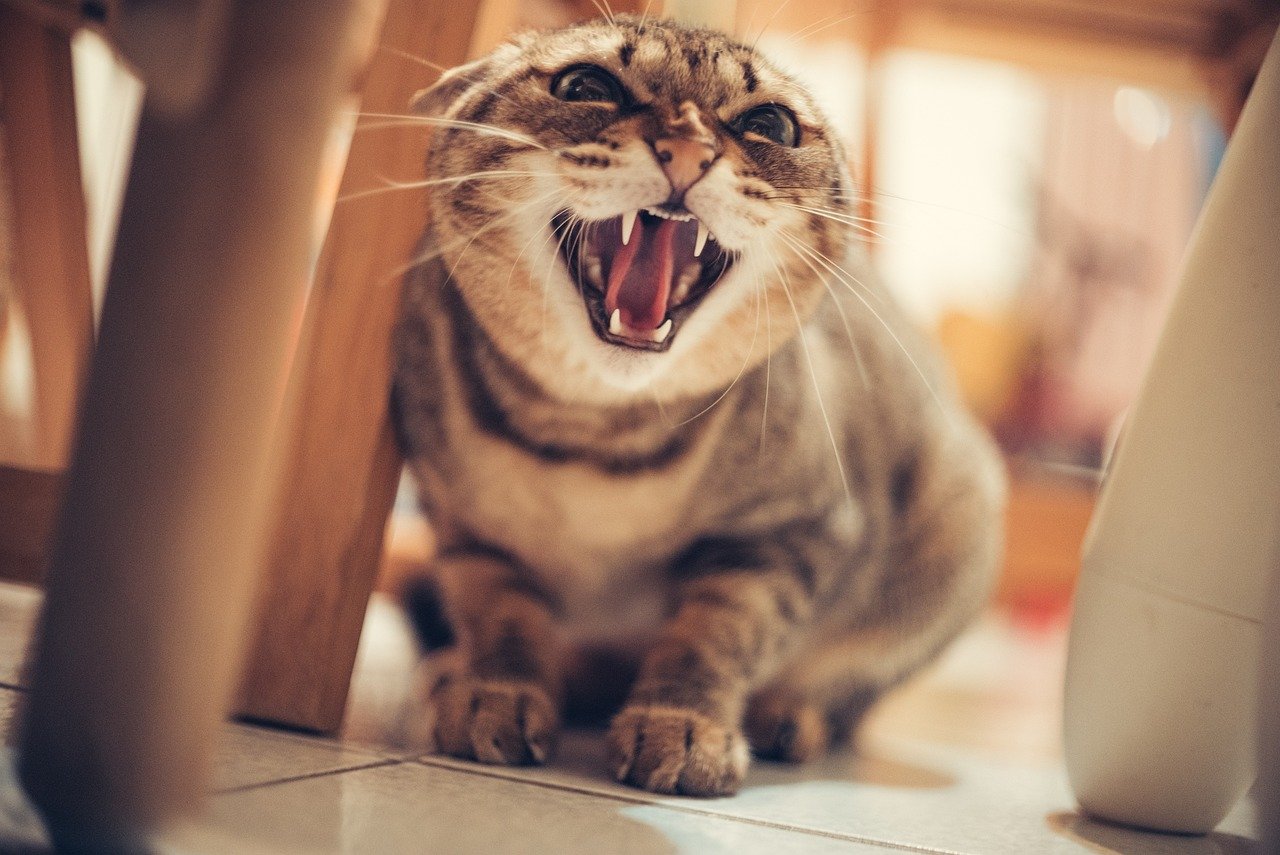
Boredom can make even the sweetest cat cranky. You might notice sudden swats, bites, or hissing, especially if your cat feels ignored. This change in temperament is often a sign that your cat needs more engaging activities. Try to redirect their energy with toys or puzzle feeders before frustration boils over into aggression.
Playing With Inappropriate Objects
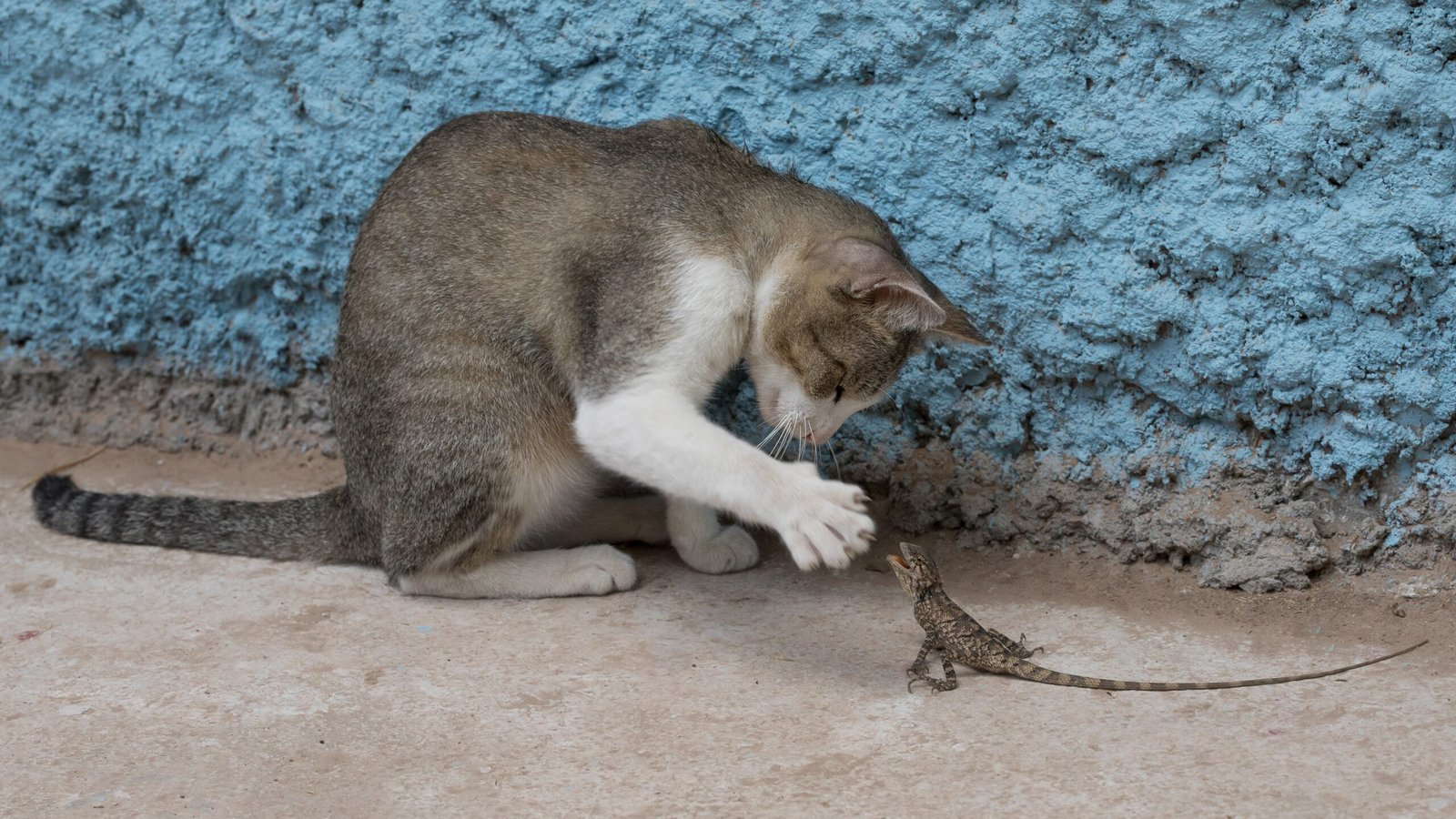
If your cat has started batting at your jewelry, chewing on wires, or tossing your keys, boredom could be to blame. When their own toys become dull, cats often seek out new “toys” from your belongings. This can be both dangerous and destructive. Regularly rotate your cat’s toys and introduce new ones to keep things fresh and safe.
Lack of Interest in People

Some cats respond to boredom by withdrawing from their humans. If your usually social cat suddenly avoids cuddles or play, it’s time to investigate. They may feel that nothing exciting ever happens, so why bother? Bring back their interest by trying new games or treats. Even a few minutes of extra play each day can make a world of difference.
Increased Scratching in Odd Places

If your cat is suddenly scratching the walls, doors, or areas they’ve ignored before, boredom might be the cause. Scratching is a natural behavior, but when it becomes excessive or happens in new spots, it often signals a lack of stimulation. Try introducing new scratching posts or pads in different rooms to redirect this behavior.
Ignoring Old Toys

Toys that once thrilled your cat may now be met with a bored glance. If you’ve noticed that your cat ignores their old favorites, it’s a clear sign they need a change. Cats crave novelty, just like people get bored with the same old TV show. Rotate their toys or introduce new textures and sounds to reignite their interest.
How to Make Playtime Fun Again

Bored cats need playtime that’s both regular and exciting. Use interactive toys like feather wands, laser pointers, or treat puzzles to keep things interesting. Try different games at different times of the day. Play hide-and-seek with treats or create obstacle courses out of cardboard boxes. A little creativity goes a long way in making playtime feel like an adventure again.
Enriching Your Cat’s Environment

A stimulating environment can banish boredom for good. Set up window perches so your cat can watch birds and squirrels outside. Add cat trees, tunnels, and shelves at different heights for climbing and exploring. Even a simple cardboard box can become a castle in your cat’s imagination. Rearranging furniture or swapping out toys regularly can keep things feeling new and exciting.
Trying New Activities Together

Sometimes the best cure for boredom is trying something completely new. Teach your cat simple tricks using treats, or introduce them to safe outdoor adventures with a harness and leash. Some cats enjoy puzzle feeders or even “cat TV” videos with birds and fish. The key is to discover what sparks joy in your unique feline friend. Pay attention to their reactions and don’t be afraid to experiment with new ideas.
Seeking Professional Help When Needed

If you’ve tried everything and your cat still seems unhappy, don’t hesitate to ask for help. Veterinarians and animal behaviorists can rule out medical issues and offer tailored advice. Sometimes, underlying anxiety or health problems masquerade as boredom. Getting a professional opinion can provide peace of mind and help your cat get back to their playful, contented self.
Hi, I’m Bola, a passionate writer and creative strategist with a knack for crafting compelling content that educates, inspires, and connects. Over the years, I’ve honed my skills across various writing fields, including content creation, copywriting, online course development, and video scriptwriting.
When I’m not at my desk, you’ll find me exploring new ideas, reading books, or brainstorming creative ways to solve challenges. I believe that words have the power to transform, and I’m here to help you leverage that power for success.
Thanks for stopping by, Keep coming to this website to checkout new articles form me. You’d always love it!






